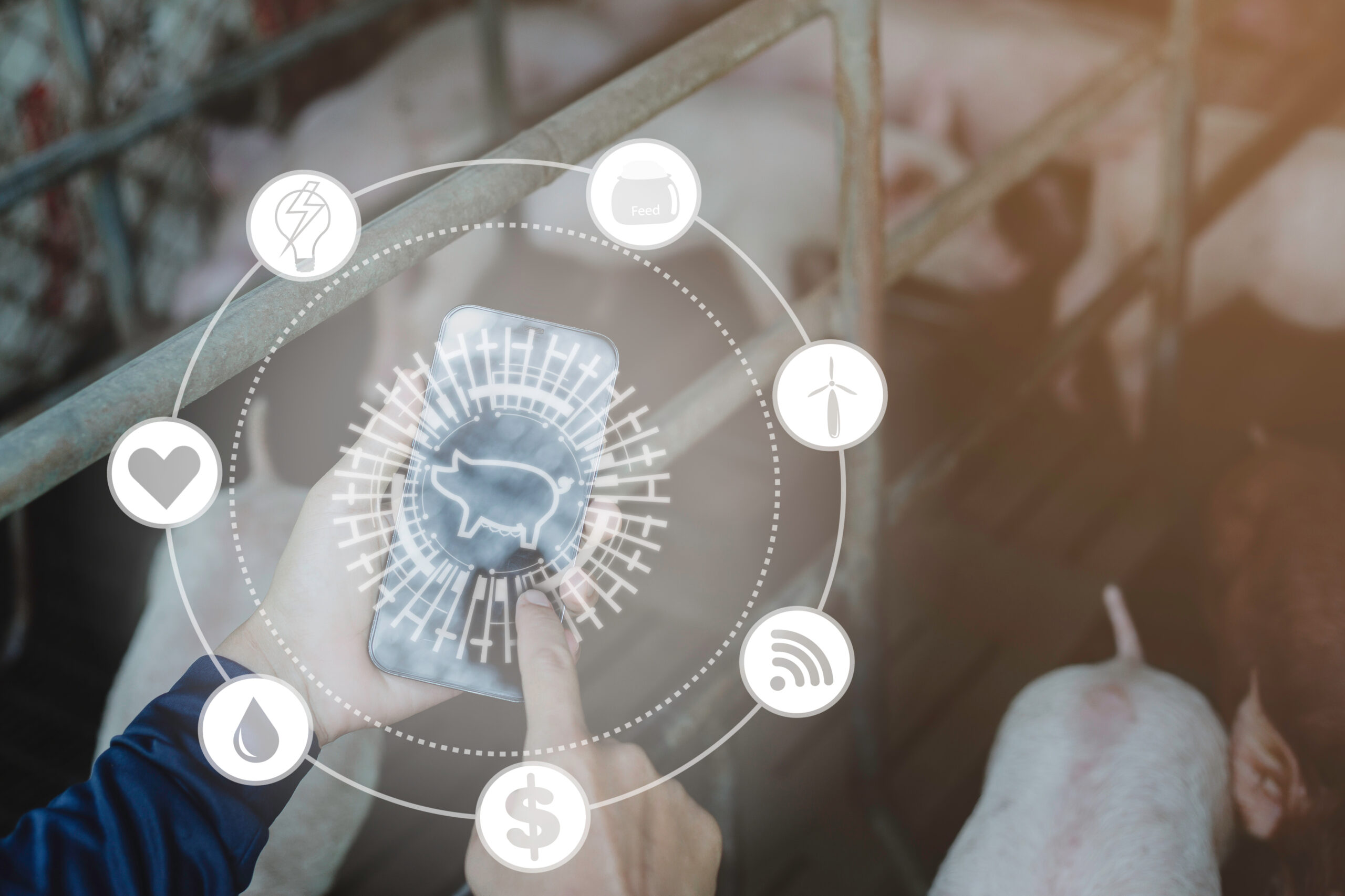14 May 2025

What is something that humans have always needed, and will always need?
What is something that humans have always needed, and will always need?
If you were to sit down and rank the things that are a necessity in life, food is always going to come towards the top end of your list. Let’s face it, there aren’t many people in the world who consider food to be an optional commodity in their daily lives. But our future global food security isn’t something that’s by any means guaranteed.
Global Harvest Initiative estimates that the demand for food, feed and fiber will likely outstrip current production rates by 2050, and that if steps aren’t taken now, it will likely happen by 2030. Part of this is purely the sheer increase in population that estimates are predicting will occur. Domestically, Australian Bureau of Statistics forecasts that Australia’s population will grow to between 37.4 and 49.2 million in the next 50 years.
Clearly though, it isn’t just the Australian population, and therefore the corresponding number of mouths to feed, that is set to skyrocket. The global population is estimated to grow by a billion people in only the next 12 years, and reach 9 billion total by 2037. Putting this rate of growth into perspective, the planet took 127 years to move from having a population of 1 billion to a population of 2 billion, and now it’s growing at ten times that rate. 
Australia is in a prime position to capitalise on this growth in demand, given that it already exports 70% of the food it produces. Australia’s Treasury further estimated in 2012 that the percentage share of national GDP made up by the agriculture sector could double by 2050.
But while the need for food is projected to soar, one thing we can’t change is the amount of land on which we have to produce food. This means that humanity needs to become more efficient with what we already have, and find ways to generate better yields. One such choice that farmers are making is to keep and breed Dorper lambs.
Dorper’s are a breed of sheep that are highly fertile, with fertility rates of 150%. They also have an extraordinarily high 70% of births resulting in twins, meaning that the size of a Dorper flock can double every 8 months. Furthermore, Dorper’s are quick to reach maturity, with the breed only taking 6 months to be fully grown.
Specifically bred by the South African Department of Agriculture to suit the most arid parts of the country, it is a hardy breed that is well suited to drought affected areas. In fact, Dorper’s are adaptable to most grazing conditions, allowing farmers to convert dry paddocks and poor conditions into a viable, return-making asset.
Reach Markets will have access to a Sophisticated 708 investment opportunity in the coming weeks for a business operating in the agricultural industry. Register here to receive the investment details when they become available.


